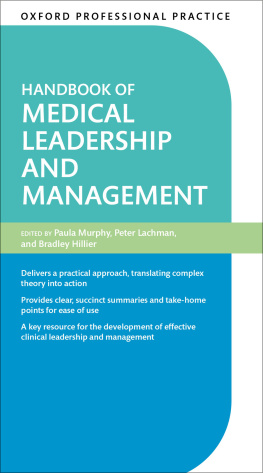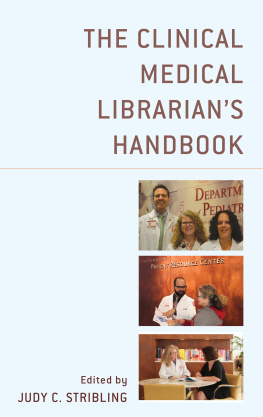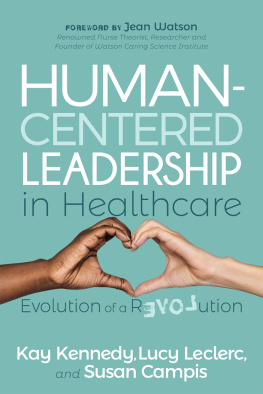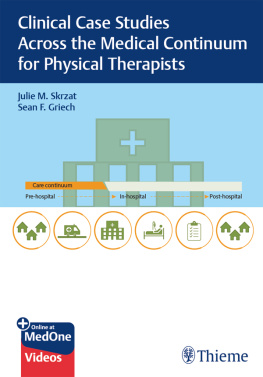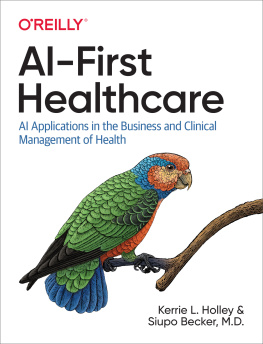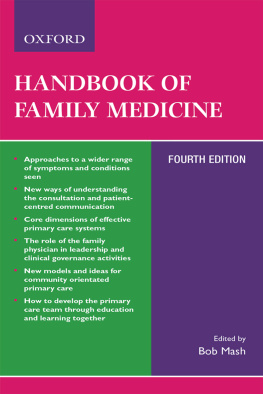Oxford Professional Practice Handbook of
Medical Leadership and Management
Published and forthcoming in Oxford Professional Practice
Handbook of Medical Leadership and Management
Edited by Paula Murphy, Peter Lachman, and Bradley Hillier
Handbook of Patient Safety
Edited by Peter Lachman
Handbook of Quality Improvement
Edited by Peter Lachman

Great Clarendon Street, Oxford, OX2 6DP,
United Kingdom
Oxford University Press is a department of the University of Oxford. It furthers the Universitys objective of excellence in research, scholarship, and education by publishing worldwide. Oxford is a registered trade mark of Oxford University Press in the UK and in certain other countries
Oxford University Press 2023
The moral rights of the authors have been asserted
First Edition published in 2023
Impression: 1
All rights reserved. No part of this publication may be reproduced, stored in a retrieval system, or transmitted, in any form or by any means, without the prior permission in writing of Oxford University Press, or as expressly permitted by law, by licence or under terms agreed with the appropriate reprographics rights organization. Enquiries concerning reproduction outside the scope of the above should be sent to the Rights Department, Oxford University Press, at the address above
You must not circulate this work in any other form and you must impose this same condition on any acquirer
Published in the United States of America by Oxford University Press
198 Madison Avenue, New York, NY 10016, United States of America
British Library Cataloguing in Publication Data
Data available
Library of Congress Control Number: 2022946392
ISBN 9780192849007
eISBN 9780192665478
DOI: 10.1093/med/9780192849007.001.0001
Oxford University Press makes no representation, express or implied, that the drug dosages in this book are correct. Readers must therefore always check the product information and clinical procedures with the most up-to-date published product information and data sheets provided by the manufacturers and the most recent codes of conduct and safety regulations. The authors and the publishers do not accept responsibility or legal liability for any errors in the text or for the misuse or misapplication of material in this work. Except where otherwise stated, drug dosages and recommendations are for the non-pregnant adult who is not breast-feeding
Links to third party websites are provided by Oxford in good faith and for information only. Oxford disclaims any responsibility for the materials contained in any third party website referenced in this work.
Foreword
As a previous Surgeon General (Head of the UK Defence Medical Services) and now Medical Director of the Faculty of Medical Leadership and Management, I have spent many years in healthcare leadership roles and care passionately about the importance of developing medical leadership capability. I am therefore delighted to have been asked to provide the foreword to the Oxford Professional Practice Handbook of Medical Leadership and Management.
Good leadership has a significant role in the success and effectiveness of any team or organization. In terms of healthcare, good medical leadership has a proven positive effect on patient experience and the quality of care provided. It is underpinned by the leaders own values and tenacity. These skills are crucial, and the effect will have a major impact on the contribution of team members and the working environment within the team. This dynamic is also critical to the success of wider collaborations within both organizations and integrated care systems. Leadership is one of those disciplines where there is always something new to learn. Moreover, all doctors require and use the skills of leadership in their clinical practice, so that knowledge and a recognition of a development need should not just be restricted to those in a formal leadership or managerial role.
The seven chapters provide a comprehensive overview to understand the different styles of leadership and the skills that are necessary and must be honed and developed. The handbook rightly differentiates between leadership and managerial attributes but identifies the key managerial competences that are essential to become an effective leader. There are also valuable signposts to further reading at the end of each section.
This handbook is a great introduction for aspiring medical leaders at all career stages and I commend it to you. However, evidence tells us that there is no substitute for leadership learning through practical experience. With this in mind, my plea to all leaders is to create a positive learning environment that encourages healthy debate, a recognition that mistakes/oversights are part of learning, and the importance of building confidence through the team.
GOOD READING!
Dr Paul Evans
Medical Director
Faculty of Medical Leadership and Management
London, United Kingdom
Preface
Leadership is a sometimes mystical yet key component of a clinicians role in health services. Without leadership we cannot deliver safe and effective services. Since the start of the COVID-19 pandemic, the importance of clinical leadership has become even more apparent, in particular to understand and address health inequalities that have manifested along a number of key fault lines.
The Handbook of Medical Leadership and Management was conceived at a time when the clinical leadership agenda in the UK was in its infancy, and two of the editors (PM and BH) were trying to understand what leadership in healthcare was, how they could develop the skills, and how to find opportunities to practise them. Some of the knowledge and experience was obtained through mentormentee relationships on a leadership programme called Prepare to Lead (initiated by Mr Oliver Warren MD FRCS, and who was its Clinical Director until 2014), which was a forerunner of current leadership initiatives for clinicians. The programme was key in developing supportive networks of like-minded colleagues at a time when healthcare services were undergoing phenomenal changesas they constantly do! What was felt to be missing at that time was a familiar and easy-reference guide, outlining key concepts and skills with practical examples and signposting, and the idea for this handbook was born.
This handbook has been developed based on a combination of mentormentee experiences and learning, combined with our, and others insights about what we needed to know about why leadership is important, how to be a good leader, and what we need to do to lead effectively. It reflects our understanding of leadership and management in a way we hope is accessible and practical to others. We believe that the things we wanted to know, and which are of vital use to any aspiring clinical leader, are in this handbook. We hope it will help you to develop your understanding of leadership skills, and enable you to integrate these into your clinical practice. We believe that all clinicians at all professional levels are leaders in some form in their own right, and we hope that this handbook will empower readers to confidently lead.
We would like to thank all those who have contributed to this handbook in various ways over the course of time, but in particular Oliver Warren (for setting the scene through Prepare to Lead), our own Prepare to Lead mentors (Peter Lachman and Paul Evans), all the contributing authors listed, as well as the team at Oxford University Press for their continued support.

